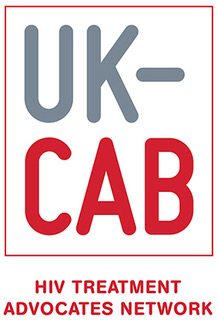6. Psychological care
The Standards for psychological care for people living with HIV use the following terms:
Emotional wellbeing: this is how we feel and cope with the ups and downs of everyday life. It’s also about how we feel about living with HIV. It can include feelings about HIV stigma or telling people about HIV. It’s also about other things that HIV may or may not impact on. This could include things such as family and friends, relationships and sex, employment and society. In fact, it’s about anything that’s important to our confidence and self-esteem.
Mental health: although we all have good and bad days, sometimes the way we feel, think and behave can seriously stop us from living life well. Poor mental health can include anxiety or depression. It can also include post-traumatic stress disorder, or poor sleep. Some people with mental health difficulties experience suicidal thoughts. They might also injure themselves, or use alcohol or drugs, to cope with stress.
Cognitive function: this is about the health of our brain. It includes things like memory, concentration, using words and solving problems. If we have cognitive difficulties, we might forget things, be slower, or get confused easily. We might find it difficult to do the things we used to be able to do easily, like taking medication, or attending appointments.
6c. Cognitive function
Poor cognitive function usually means having difficulty remembering things, trouble concentrating, or getting confused with things. You might find tasks around the home or managing your health a bit more difficult than before. This usually happens for everyone as they get older. Sometimes health issues like stroke, dementia, and occasionally HIV, can cause big changes that mean you need help to look after yourself.
Your doctor should assess any reduction in cognitive function and arrange the appropriate tests to make the correct diagnosis. Regular mental health checks are needed for this. Any associated risks, such as alcohol or drug dependence, or depression, should be identified and managed.
You should be regularly asked about your cognitive function. Sometimes this involves puzzles and tests of memory, focus and problem-solving (called a ‘neuropsychological assessment’), to see how quickly and well you can do things. If you do have cognitive difficulties, help can be given to cope with this. You might need your HIV treatment to be reviewed or changed if HIV or the medication is thought to be involved.
Key messages
You should be asked about your memory or cognitive function every year.
If memory or cognitive function symptoms are reported, you should be offered further screening. This may include a full neuropsychological assessment.
If you are diagnosed with reduced mental or cognitive function, you should be offered a detailed review and appropriate treatment services.
